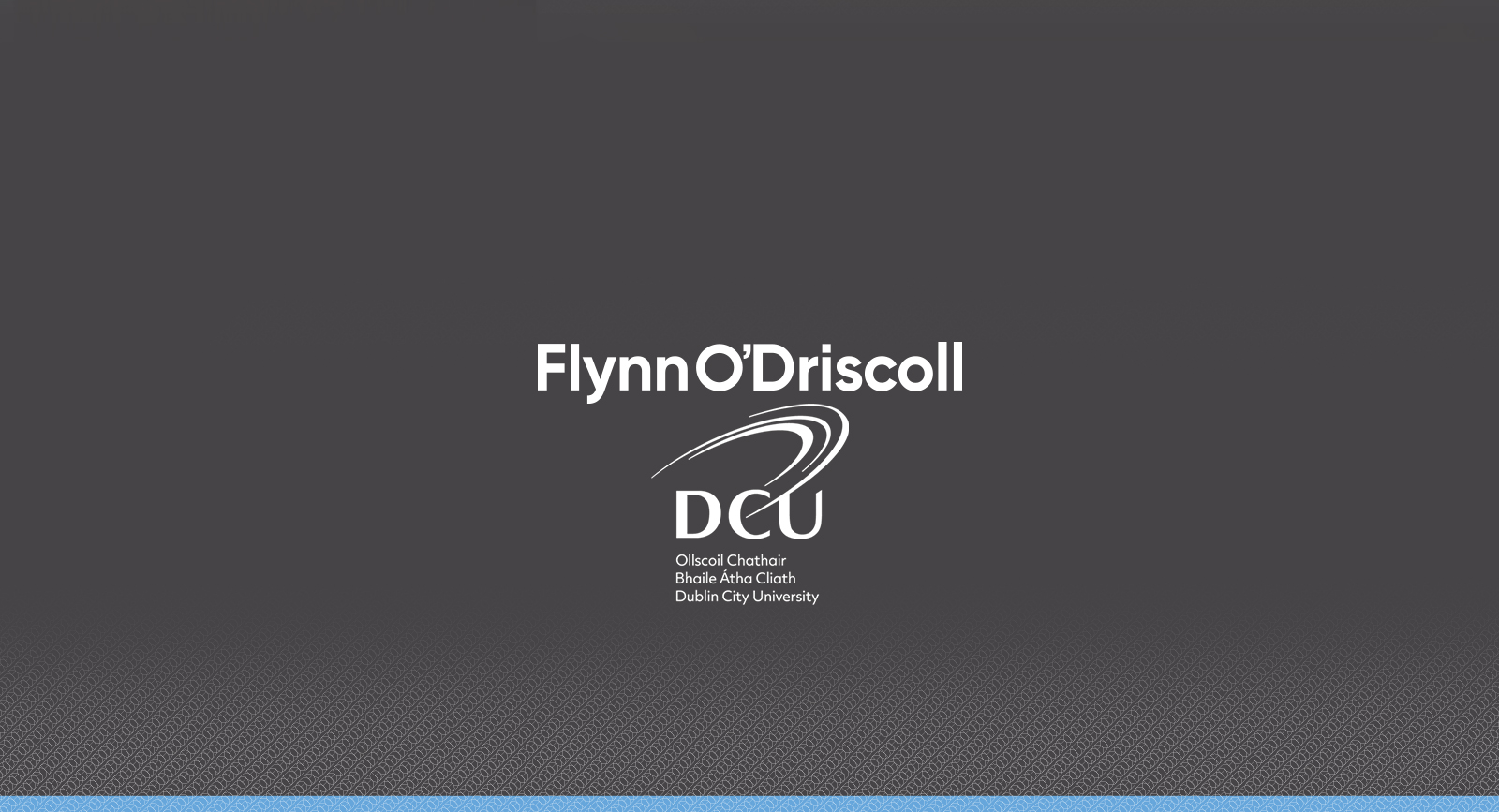It is simply not enough to state that you are an expert, you must have the required expertise as well as follow the strict requirements to be able to tender evidence as an expert.
An expert’s primary duty is to assist the Court with matters within their area of expertise, and this duty overrides any obligation to the party who discharges their fees.
A recent judgment delivered by Mr. Justice Noonan in Duffy v McGee also highlights the stringent obligations placed on solicitors in relation to the instruction of experts, with such obligations flowing upon instruction until the expert has given evidence. Any failure to adhere to these obligations could potentially result in a Wasted Costs Order in respect of the Legal Practitioners involved in any instruction of an expert.
We have considered the duties of an expert briefly, and the judgment of Mr Justice Noonan and recent case law below.
1. Duties of An Expert
The role and duties of an expert was recently considered recently in the case of Duffy v McGee.
(i) Facts of the Case
This case involved personal injuries claims where it was alleged that the Plaintiffs had been exposed to toxic chemicals, following the installation of foam insulation which was sprayed in their home.
An expert, Dr Thompson, who was a toxicologist was called to give evidence and did so in areas in which they were not experienced. Dr. Thompson strayed beyond his expertise on various occasions throughout his evidence when he expressed views of the doctrine of Res Ispa Loquitur and made categorical statements about disputed issues of fact of which he had no independent knowledge. Additionally, Mr. Thompson expressed his views of the psychiatrist reports exchanged between the parties when he was not qualified in that domain. In some instances, the expert appeared to be acting as an advocate for the cause(s) of the injuries suffered by the Plaintiff from a legal standpoint.
(ii) Decision by the Court
The Court of Appeal upheld the decision of the High Court in relation to the exclusion of the evidence tendered by the expert and noted that the reports prepared by the expert contained “red flags”. The expert was deemed to have strayed into areas of law and appeared to be unwilling to consider evidence which contradicted their expert opinion.
Mr. Justice Noonan held that: -
“The overriding duty of the expert is owed to the court and includes the duty to provide an objective opinion. Objectivity, by definition, requires that one has regard to both sides of the case. A central component of the duty of the expert is to ascertain all relevant facts, whether they support the client’s case or not.”
(iii) Analysis and Reform
The decision in Duffy v McGee highlights the duties and responsibilities of an expert in clear terms and highlights the consequences for expert witnesses and legal practitioners alike.
These duties have also been considered by the Law Reform Commission in 2016 and they have proposed that the following four duties of expert witnesses ought to be set out in legislation, and in the event that an expert fails to comply with them, that a Court may rule inadmissible his or her evidence: -
- An expert has an overriding duty to the court to provide independent, impartial and honest evidence
- An expert has a duty to state the assumptions and facts upon which their evidence is based
- An expert must confine themselves to matters within their own expertise
- An expert must act with due care, skill and diligence
These duties have not been captured in legislation to date.
The Law Reform Commission Report also recommends that expert immunity should be abolished and replaced with a statutory provision which provides than an expert is capable of being sued in their own right, if their evidence is given in a grossly negligent manner to the Court.
2. The Solicitor’s role in the instruction of an Expert – Solicitor’s beware!
The recent case of Duffy v McGee also demonstrates the solicitor’s obligations upon instructing an expert and when things go wrong there can be real consequences for solicitors.
In this instance, the Court made a Wasted Costs Order against the solicitor who instructed an expert whose evidence was ultimately disregarded by the Court.
A Wasted Costs Order is governed by Order 99, Rule 9 of the Rules of the Superior Courts 1986 (As amended) and certain costs of legal proceedings can be ordered against a solicitor. A solicitor can be made personally liable in cases where there has been misconduct, where pointless litigation has been pursued or there has been a lack of good faith. This is separate from any complaint or action which may be pursued in relation to a solicitor’s practice.
In Duffy v McGee, Mr Justice Noonan noted the obligations of Legal Practitioners upon instructing an expert to give evidence as follows: -
"…The legal practitioners acting for a party seeking to adduce expert evidence bear an important responsibility for ensuring: -
- that the evidence is relevant and likely to assist the court and
- that the witness has the necessary expertise to give it.
- they must also ensure that such evidence is confined to issues properly within the scope of the expert’s relevant expertise…”
A Wasted Costs Order can also possibly be brought against barristers and solicitors as considered in Ward & Tower Trade Finance Ireland. Mr Justice Noonan noted the apparent expansion of jurisdiction to barristers and solicitors.
In his Costs Judgment of 24 March 2022, Mr. Justice Noonan considered the principles surrounding Wasted Costs Orders and an application for such an Order against a solicitor who pursued a frivolous and vexatious appeal.
In this case, Mr. Justice Noonan ruled that the Court can make two types of wasted costs orders:
- An Order which means that a solicitor is not entitled to recover costs from their client (Solicitor Client costs)
- Rendering a solicitor personally liable for the costs the client has been ordered to discharge in relation to third parties (Party Party costs)
Further principles surrounding Wasted Costs Orders as outlined in this judgment can be summarised as follows: -
(i) The jurisdiction is a wide one but must be exercised sparingly and only in the clearest of cases.
(ii) In the absence of deliberate dishonesty or misbehaviour, a mere error of judgment, even one amounting to negligence, will not suffice to warrant the exercise of the jurisdiction.
(iii) What is required is gross negligence amounting to a serious dereliction of the duty of a solicitor to the Court, which may in this sense be described as misconduct.
The solicitor in the Ward case argued that as a sole practitioner, any Order for third party costs would greatly affect his ability to practice. The Court issued an Order which prohibited the solicitor from recovering any costs from his client (Solicitor Client Costs) and an Order to return any client funds held by the solicitor concerned.
Conclusion
It is clear that the instruction of an expert and their ability to give evidence which will assist the Court must be considered carefully. This includes a consideration of the expertise an expert possesses, their ability to provide evidence to the Court based on the facts of the case and the approach adopted in any report(s) prepared, including whether or not they have considered evidence which contradicts their findings.
Legal Practitioner’s also have a clear role to play upon considering the evidence an expert will give, and the days of “hired guns” are over. A solicitor and possibly a barrister can be faced with the possibility of personal liability for misconduct amounting to gross negligence upon instructing an expert and more generally in bringing cases before the Court.
The message is clear - Proceed with Caution!







